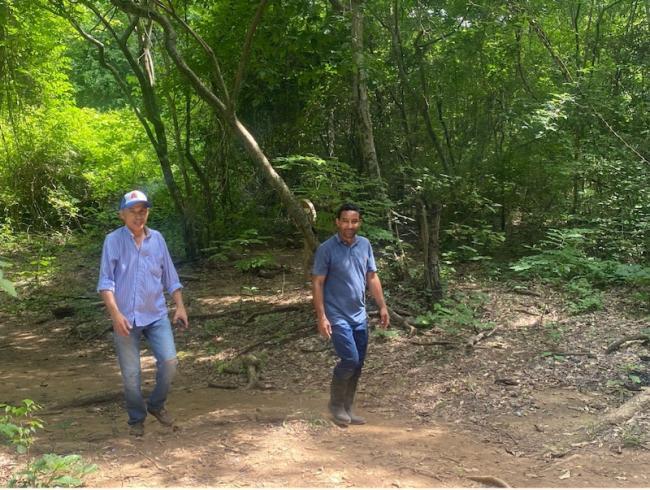Indigenous communities in Colombia are under threat of extinction. Shifts in climate are severely impacting their ability to continue their ancestral means of subsistence (fishing, farming). But more immediate is the violent displacement from armed actors.
The Wiwa Indigenous communities in La Guajira Department are some of the largest native communities in the country. They are one of four Indigenous groups (along with the Arhuaco, Kogui, and Kankuamo) who reside on the Sierra Nevada de Santa Marta, one of the highest coastal mountain ranges on the planet. IRTF has been writing on behalf of the Wiwa people for the past 20 years. Two years ago, we echoed the Wiwa’s call for all armed actors in the Caribbean coastal region to unite in a joint proposal for Global Territorial Peace. Shortly after their declaration for peace, the paramilitary organization Autodefensas Conquistadoras de la Sierra Nevada de Santa Marta (Self-Defense Conquistadors of the Sierra Nevada of Santa Marta) began distributing pamphlets, in which they threatened to take measures against the Wiwa inhabitants of the region, whom they describe as "ass-kissers, drinkers, womanizers," among other adjectives.
In September of this year, four young Wiwa men from the community of El Limón Carrizal (Luis Elias Nieves Mendoza, Deivi Gomez, Eduardo Enrique Joño Calvo, and Luis Eduardo Mojica) were all stopped by armed men of the parmilitary organization Self-Defense Forces of the Conquistadoras de la Sierra Nevada (ACSN) at illegal checkpoints, where they were assaulted and detained for several hours or even multiple days. Luis Eduardo Mojica was kidnapped for 24 days.



